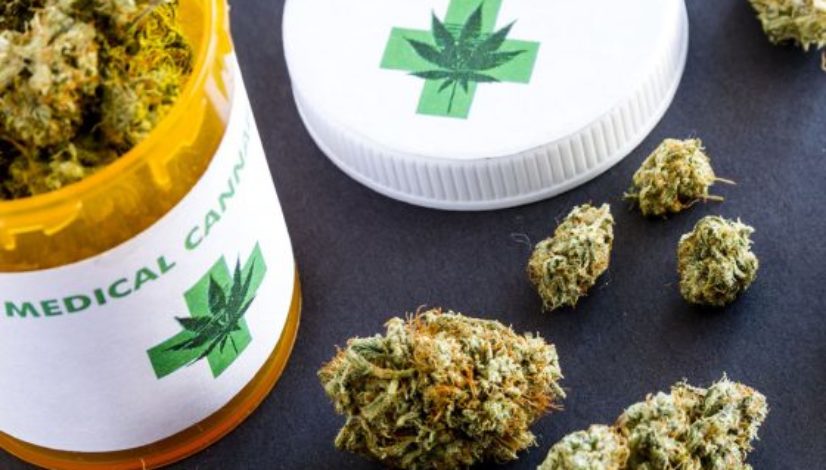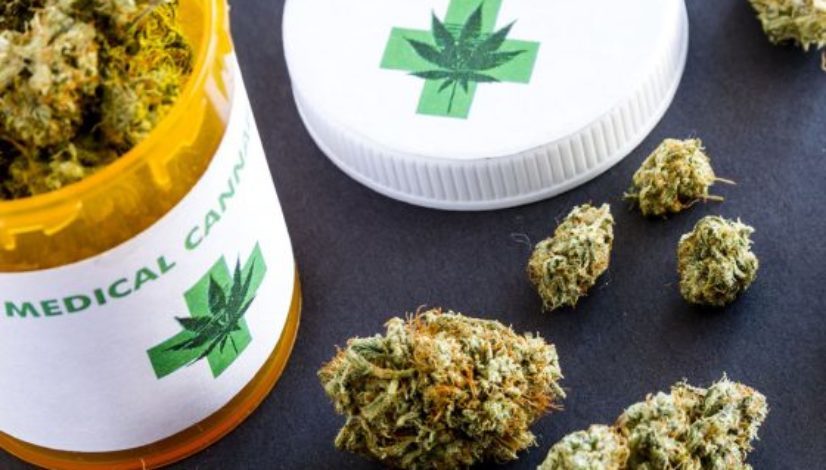Hawaii medical school cannabis seminar includes doctor’s advice about who shouldn’t use MMJ

Published: Nov 24, 2017, 6:24 pm • Updated: Nov 24, 2017, 6:24 pm
By The Associated Press
HONOLULU — The medical school at the University of Hawaii held its first seminar on medical marijuana with a panel of doctors and lawyers discussing the drug and the regulations governing its use.
At the recent event, the panel shared highlights of research on the topic to an audience of about 150 people consisting mostly of health professionals, the Honolulu Star-Advertiser reported.
Definitive data on medical marijuana is lacking, so the benefits and side effects on an individual patient are largely unknown, said Dr. Thomas Murtaugh, one of the panelists and a retired drug researcher.
“Before starting a patient on a cannabinoid, you should be aware of what the pitfalls are, and one of the pitfalls is that there is terrible data,” Murtaugh said.
Related stories
- Hawaii to be first state where all cannabis dispensaries provide cashless sales
- Hawaii trying to stay ahead of surge in medical marijuana patients
- Hawaii’s first medical marijuana dispensary sells out in days
- First Hawaii medical marijuana dispensary just opened after 17-year wait for patients
- Workers’ comp insurance firm drops all 7 of Hawaii’s medical marijuana dispensaries over fear of feds
Medical marijuana is available to patients through licensed dispensaries in Hawaii, but doctors cannot legally prescribe it. They can issue written certifications to qualify a patient.
As marijuana possession remains a federal offense, the university posted a disclaimer on the event that the medical school was not recommending “treatment with cannabis or stating that cannabis is capable of treating any medical condition.”
The amounts of two different kinds of cannabinoid receptors vary in people, Murtaugh said. One affects appetite, cognition, mood and nausea, and the other affects the immune system, pain and inflammation.
As a result, people can have widely different reactions to cannabis, he said.
“If you have an active, acute illness, if you have active psychosis and if you have a history of arrhythmias, those three are contraindications for cannabinoids,” he said.
Information from: Honolulu Star-Advertiser
Topics: doctors, Hawaii, research




